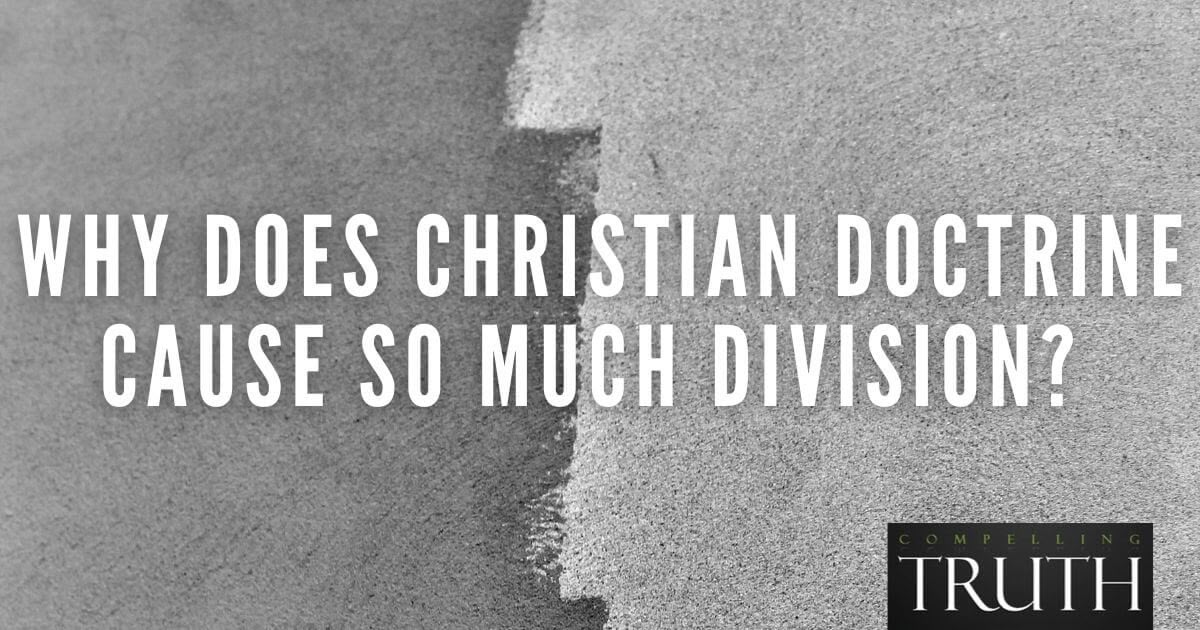Calvinism and Arminianism are two attempts to explain how the sovereignty of God works with mankind's free will/responsibility in the area of salvation. The Bible teaches that God is sovereign and that human beings are responsible for obeying Him. For instance, the Old Testament shows that God choosing Israel wasn’t based on anything they did (Deuteronomy 7:6-8; Malachi 1:2-3), but they were responsible for obeying Him (Joshua 24:15; Ezekiel 18:30-32).The quest to reconcile the tension between those two truths is noble but ultimately doomed, as God is so much more complex than we could imagine, so we can’t understand exactly how He works (Deuteronomy 29:29; Isaiah 55:9). The difference between Calvinism and Arminianism hinges on how much responsibility we have for our own salvation as opposed to God's ultimate sovereignty. While understanding the differences between Calvinism and Arminianism helps, ultimately, both are human attempts to explain divine concepts. God is absolutely sovereign over salvation, yet humanity is fully responsible for receiving the gift of salvation God offers. How these two truths work together is the essence of the Calvinism vs. Arminianism debate. But whether Calvinism or Arminianism or some compromise between them is correct, our responsibility remains the same: To proclaim the gospel of salvation through Jesus Christ to the entire world (Matthew 28:19-20; Acts 1:8).
Calvinists conveniently separated their theology into a five-point acrostic: TULIP. They differ with the Arminians completely in the "ULI" of the acronym: Unconditional election, Limited atonement, and Irresistible grace. Calvinists believe that God alone chooses who will be saved by His sovereign choice. We are born dead in our sins, unable to respond to the grace of God. Therefore, God's predestination of who will be saved is in no way dependent on our reaction to God's grace. Arminians believe that God chooses who will be saved based on His foreknowledge of who will choose Him. The "L" stands for Limited atonement. Calvinists believe Jesus' sacrifice was to cover only the sins of those who were predestined to be saved; Arminians believe Christ died for every sin of everyone in the world. This is the only way anyone could freely choose God. The "I" is related. Calvinists believe in "Irresistible grace." God chooses those who will be saved, and the individual has no choice—they cannot "resist" God's grace. Arminians believe that God's offer can be resisted/rejected.
Arminians are less consolidated with the "T" and the "P." Calvinists believe in Total depravity, that is, we are born completely dead in our sins and are unable to save ourselves. Some Arminians agree, while others believe we cannot be completely depraved if we are able to choose salvation. The "P" stands for Preservation of the saints. Calvinists and many Arminians believe "once saved, always saved." Because the saving work is done by God alone, believers cannot lose their salvation. Some Arminians, however, believe that mankind has so much influence in their own salvation that their actions can cause God to revoke it. They believe we must continually reject sin and live a godly life in order to maintain our position with God.
So, who is right? Neither fully captures the fullness of God’s mystery. The Bible presents both God’s sovereignty in choosing and humanity’s responsibility to respond, truths that can feel paradoxical but coexist in God’s plan. The debate between Calvinism and Arminianism highlight this tension, yet salvation is ultimately found in Christ, not a theological system. Rather than reducing salvation to a formula, we are invited into a living relationship with God where His grace empowers our obedience. The tension between divine sovereignty and human responsibility should drive us not to pride in our system but to humility before the God who saves. In the end, our confidence rests not in Calvinism or Arminianism but in Christ who is both the author and finisher of our faith.




